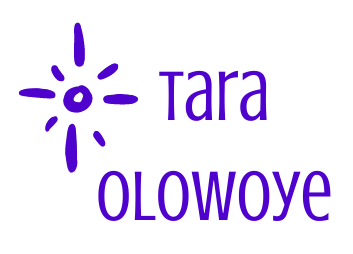Did you know that scientific evidence supports using your imagination as a therapeutic device to improve your life? Amazing, right?
Cognitive Behavioral Therapy
CBT is one of the most evidenced therapies available to us and is the most recommended psychotherapy by NICE in the UK, as well as the most listed therapy on APA’s list of Empirically Validated Treatments. In 2008, Lars-Göran Öst published a meta-analysis on CBT for anxiety; he states, “There are no psychological or pharmacological therapies that achieve as good results as CBT in anxiety disorders.”
At its heart, CBT uses imagination because in reframing and retraining thoughts, feelings, and behaviors, clients imagine how they want to think, feel, and behave differently. And, they imagine outcomes of their particular situations based on these different thoughts, feelings, and behaviors.
Adding Hypnosis

Hypnosis is a powerful use of imagination, and in therapeutic usage, suggestions are agreed upon by therapist and client prior to entering hypnosis. One thing I love about hypnosis is that clients can choose to respond to suggestion or not; it is entirely their choice.
Hypnosis helps us imagine as if we’re really in a particular situation, and it’s also really helpful for helping us imagine if our beliefs are useful and imagining changing beliefs in situations.
When adding hypnosis to CBT, research has found that there is an additive effect, meaning combining the two increases the effects of both. Hypnosis can induce very deep relaxation which is sometimes extremely important in CBT treatments. Adding hypnosis to CBT can shorten treatment, as well. It is a future forward way of working; there is no need to delve into the past as we’re working on current thoughts, feelings, behaviors, and how we want to change them in the future. This can be done in a relatively short amount of time – anywhere from 4 to 12 sessions – compared to other forms of therapy.
As a further incentive to add hypnosis to CBT, a fairly recent meta-analysis was published showing that 72% of clients who had been through hypnosis had better outcomes at follow up than using CBT alone. (Nicolino Ramondo, Gilles E. Gignac, Carmela F. Pestell & Susan M. Byrne (2021): Clinical Hypnosis as an Adjunct to Cognitive Behavior Therapy: An Updated Meta-Analysis, International Journal of Clinical and Experimental Hypnosis)
A wide range of subclinical issues can be treated using hypnosis and CBT. In fact, a report by the British Psychological Society (2001) states: “Enough studies have now accumulated to suggest that the inclusion of hypnotic procedures may be beneficial in the management and treatment of a wide range of conditions and problems encountered in the practice of medicine, psychiatry and psychotherapy.” Research on the effectiveness of CBT and hypnosis includes conditions such as:
• Tension headaches
• Warts
• Skin disorders, psoriasis, and eczema
• IBS
• Asthma
• Anxiety and panic attacks
• Phobias
• Pain relief
• Anesthesia for medical and dental procedures
• Pain relief for childbirth
• Cancer support including pain relief, stress, and nausea
• Weight loss
• Changing patterns of thought and behavior (including performance enhancement and habit change)
• Menopause
• Insomnia
Contraindications
In some cases, hypnotherapy is inappropriate. The main case is where psychosis is involved; a client with psychosis should not be hypnotized and should work with a psychiatrist or other appropriate professional. Additionally, though controversially, clients with depression should not be hypnotized without first discussing with their psychiatrist or clinical psychotherapist. Epilepsy is another contraindicated condition for hypnosis.
Imagine How You Can Change
If you’re interested in changing some aspect of your thoughts, feelings, and behaviors, specifically as it relates to some of the issues listed above, cognitive behavioral hypnotherapy is one of the best options available. And guess what? I can help you with that! As a Level 5 Cognitive Behavioral Hypnotherapist, I am trained to work clients to help them improve their lives through working with the imagination. Furthermore, I also hold a Diploma in Stress Management and Resilience Building and have the expertise to combine CBT, mindfulness, and hypnosis to help you decrease your stress and live more comfortably in your own skin. So, what would you like to change? How can I help you? Drop me a line if you want to explore using your imagination to improve your reality!
